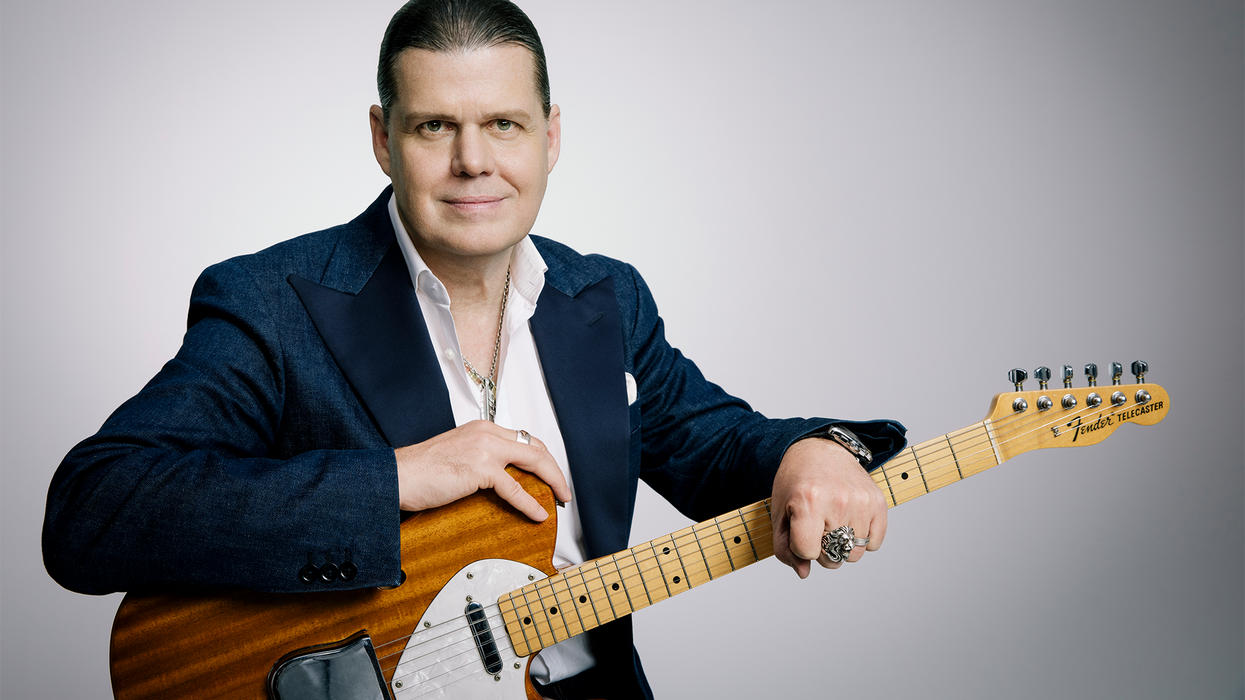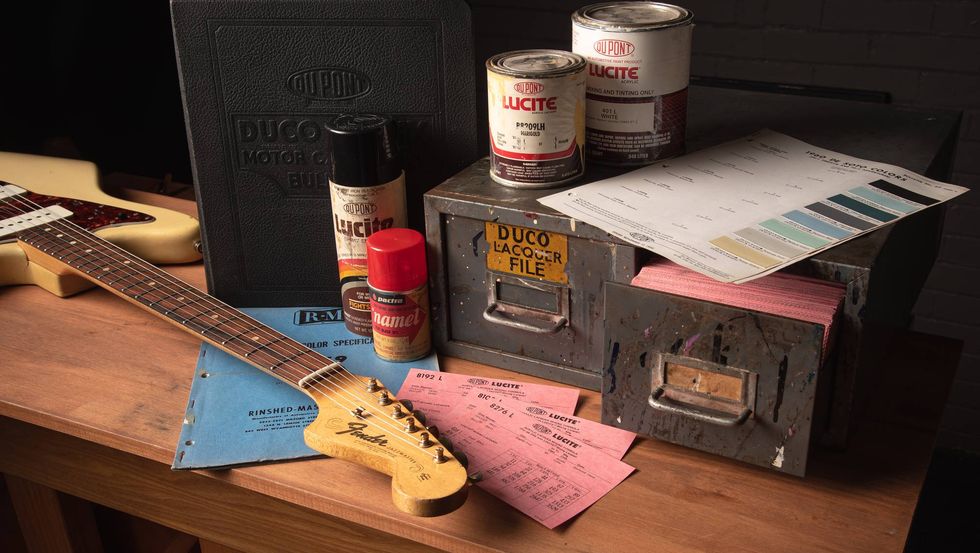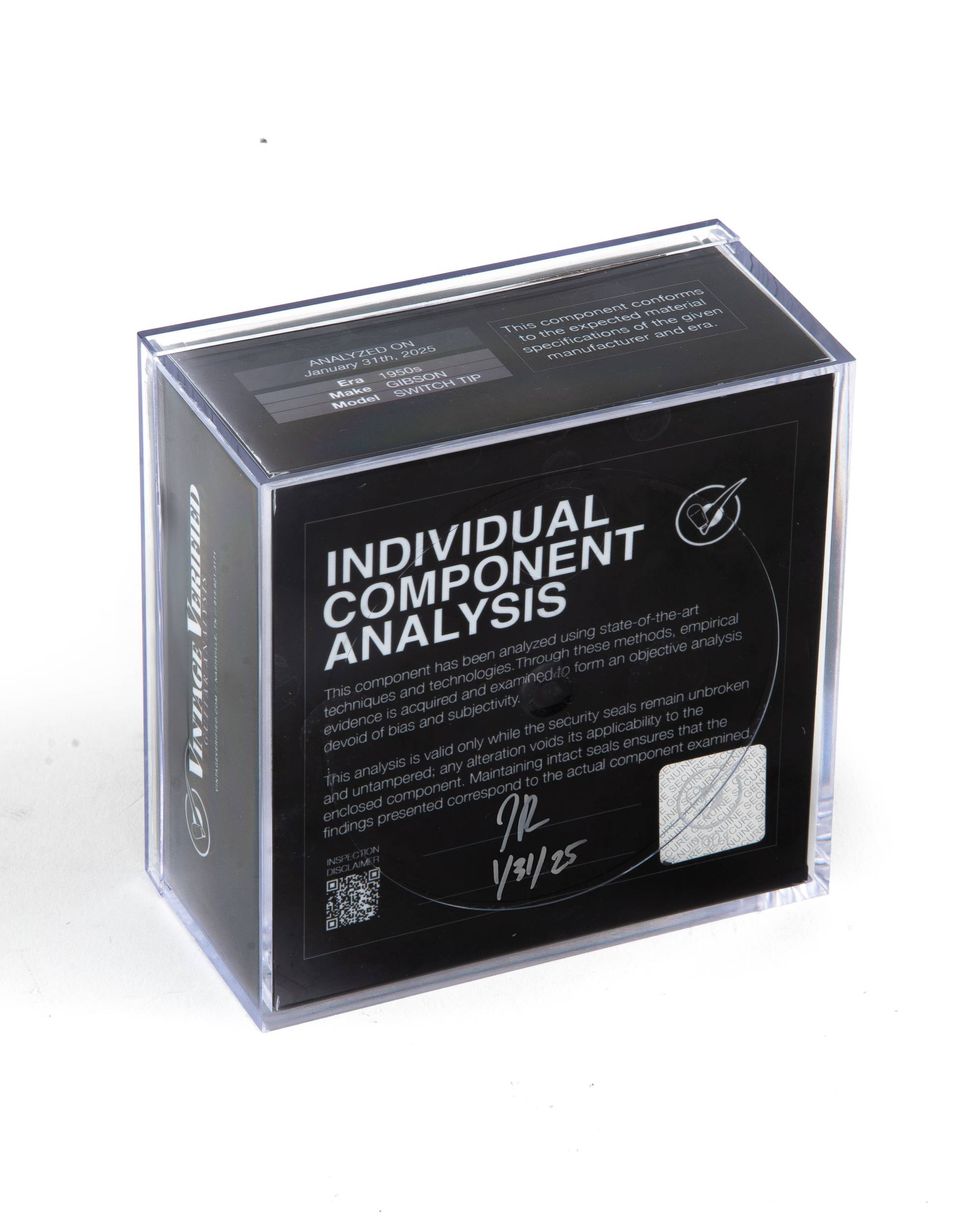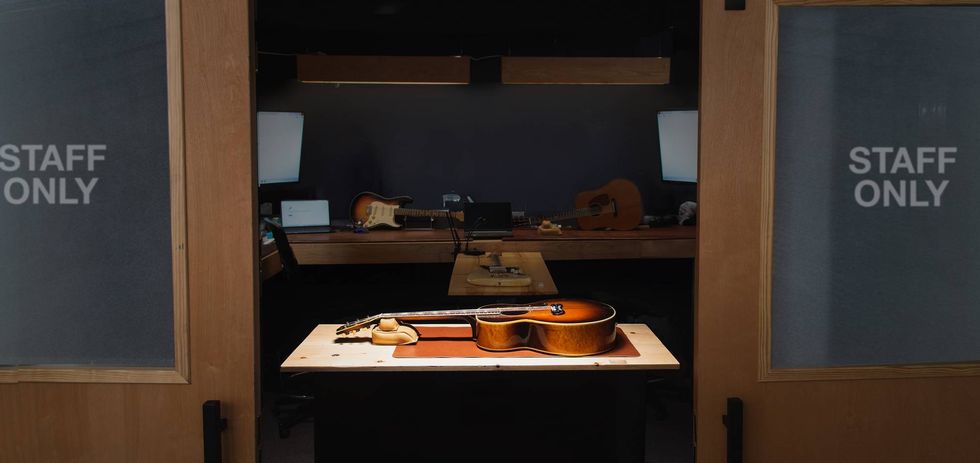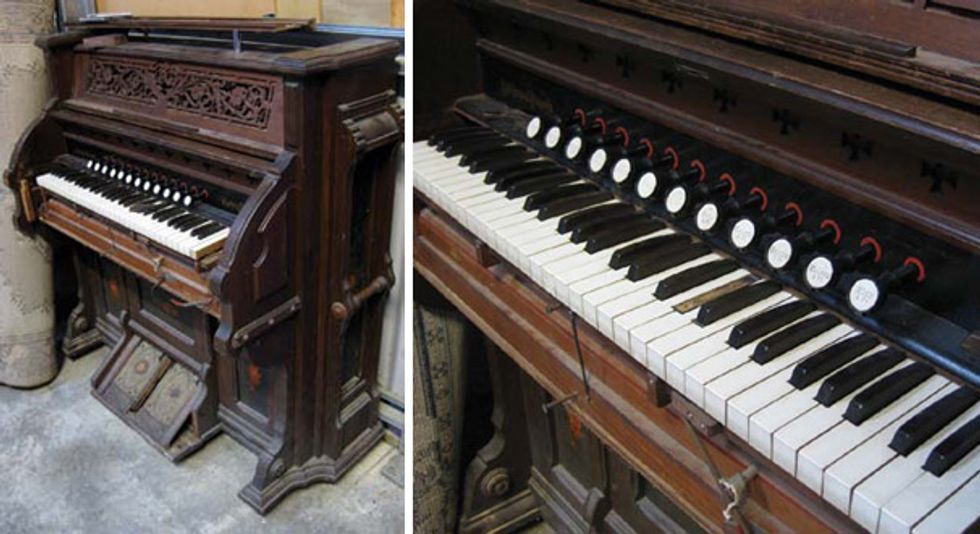
Left: Vintage instruments often exhibit the bending-end technology of their day. In 1886, this pump organ was an antique equivalent of today’s portable keyboard. Notice the handle on the side. Right: Our musical forebears used these stops to create and shape their tones, much as we do now with EQ and effects.
For my first contribution to PG’s State of the Stomp column, I want to celebrate a common love we all share—gear! Whether you’re a bedroom player on a limited budget or touring the world in a major band, we’re all in the same boat: We love gear. It makes us happy. We’re passionate and emotional about it. Because our gear offers an almost indescribable joy from the moment of acquisition, we’ll defend it in the face of criticism (join any gear forum for proof of this).
Why do we like gear so much and how does this affect our playing?
Of course, I can only speak from my own experience, so let me rephrase that: Why do I love gear? Well, the first thing that springs to mind is ... the smell. Yes, that’s right, the smell. Particularly of old gear. I admit it—I’m a kook. Whenever I open an old amp or pick up a vintage acoustic guitar, I always take a good, long sniff. Part of it probably comes from my childhood—buying old stereos and TVs and pulling them to bits. All the gear I got to tear apart as a kid had been made in the ’60s and ’70s, so there’s some connection to an early, enchanted time, and the smell triggers those memories.
I also love the idea of something having a history, of it having passed through the hands of players who’ve cherished the object before me. For example, I have an old Canadian pump organ built in 1886. This thing is wonderful. It sits quietly in a corner of our warehouse, waiting for that sunny weekend when I’ll start the full restoration. It came from a small church, where it had been since it was shipped to New Zealand 120 years ago.
How many joyful occasions has it provided musical accompaniment to? Weddings, christenings— hopeful, wonderful times. And how many countless times did it provide musical solace to people grieving? I love these thoughts and consider myself extremely lucky to be able to sit down and run my hands over the same keys. The history has an impact upon the way I play it. It also smells amazing!
So there’s a brief insight into what I love—old gear with history that smells good. Everyone will have their own set of factors, perhaps owning gear that your musical heroes have used, or gear that completes a set. (Like getting an original 1982A Marshall quad box from 1968 to match that late-’60s plexi head you’ve owned for years— that was a happy day!)
All right, so we’ve established that there are many reasons to love gear (even odd odor-related reasons), and each one is completely valid. But how does this affect our playing and creativity?
Remember when you were a kid at school and you opened a new exercise book and wrote on that first page? Were you one of those kids who tried to write really carefully on those first, fresh pages? I was. I think it’s a little of the same thing with gear: We get a new acquisition, and it causes us to be a little more focused, and we take a little more care with what we play. This is a great thing! Why? Because anything that inspires our creativity is good and should be embraced.
Take the guy that gets carbon-comp resistors retrofitted into his Tube Screamer pedal: If he feels the mod has improved the pedal’s sound, he’ll feel better about his tone and he will play better. And this applies even if the mod makes little or no change to the sound. This takes us into the world of psychoacoustics—the effect the mind has on our perception of sound. But what really matters are the notes coming from the guitarist’s fingertips. If scoring a piece of gear lifts his game, that’s what counts. The end result is tangible.
Gear can also open doors into unexplored realms of creativity. Look no further than Jimi Hendrix for proof of this—a man with astonishing inherent creativity and he was a complete gearhead! Each device or technique he encountered suggested a new and engaging sonic landscape—and the whole world benefited from it. Can you imagine “Have You Ever Been (To Electric Ladyland)” without flanging? New tools open new doors.
Whether we’re drawn to gear out of a desire to innovate, or a need to connect with the past or the future, or with our heroes— or even certain scents—it’s a wonderful thing.
 Ben Fulton designs Red Witch analog pedals, which are heard in arenas, studios, and bedrooms around the world. Andy Summers and Reeves Gabrels are pleased he ended up doing this instead of going to prison. His mum is relieved about this, too.
Ben Fulton designs Red Witch analog pedals, which are heard in arenas, studios, and bedrooms around the world. Andy Summers and Reeves Gabrels are pleased he ended up doing this instead of going to prison. His mum is relieved about this, too.


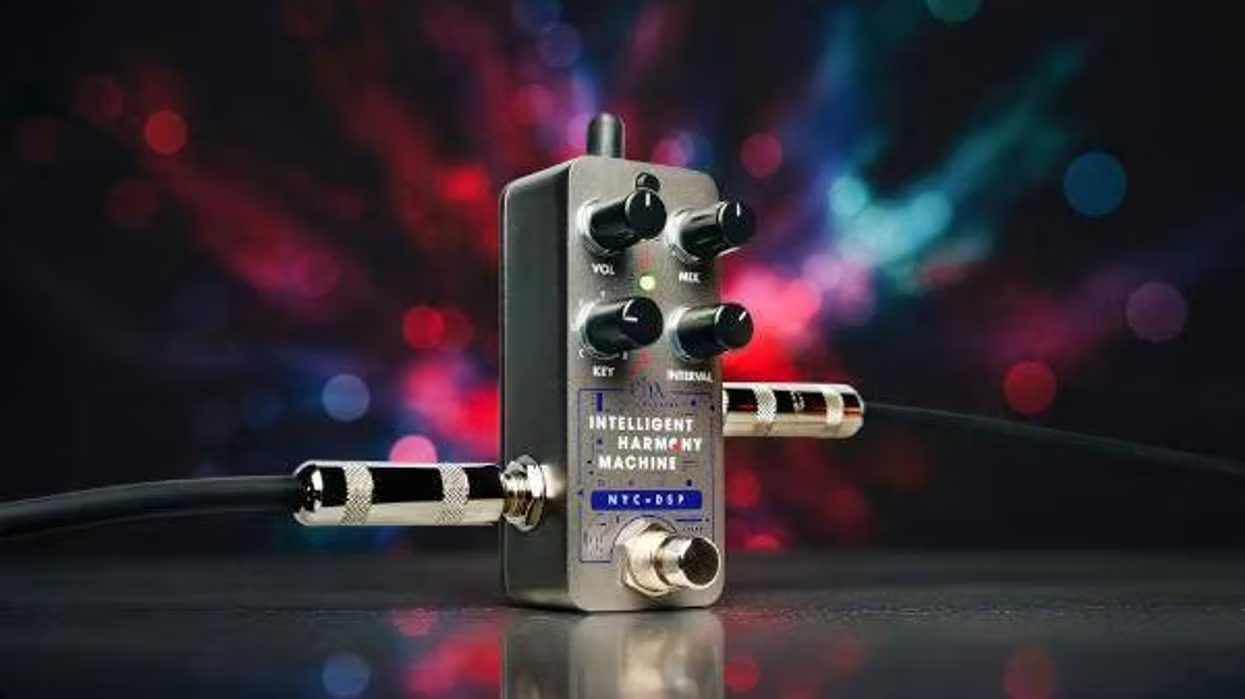
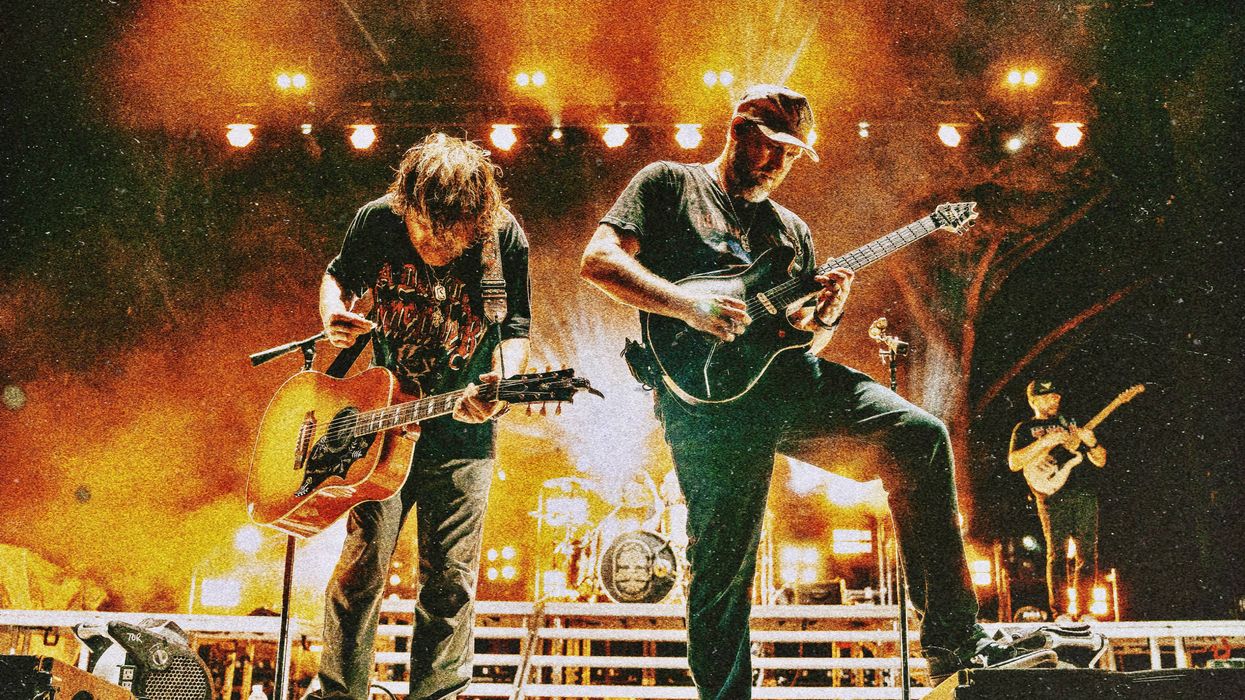
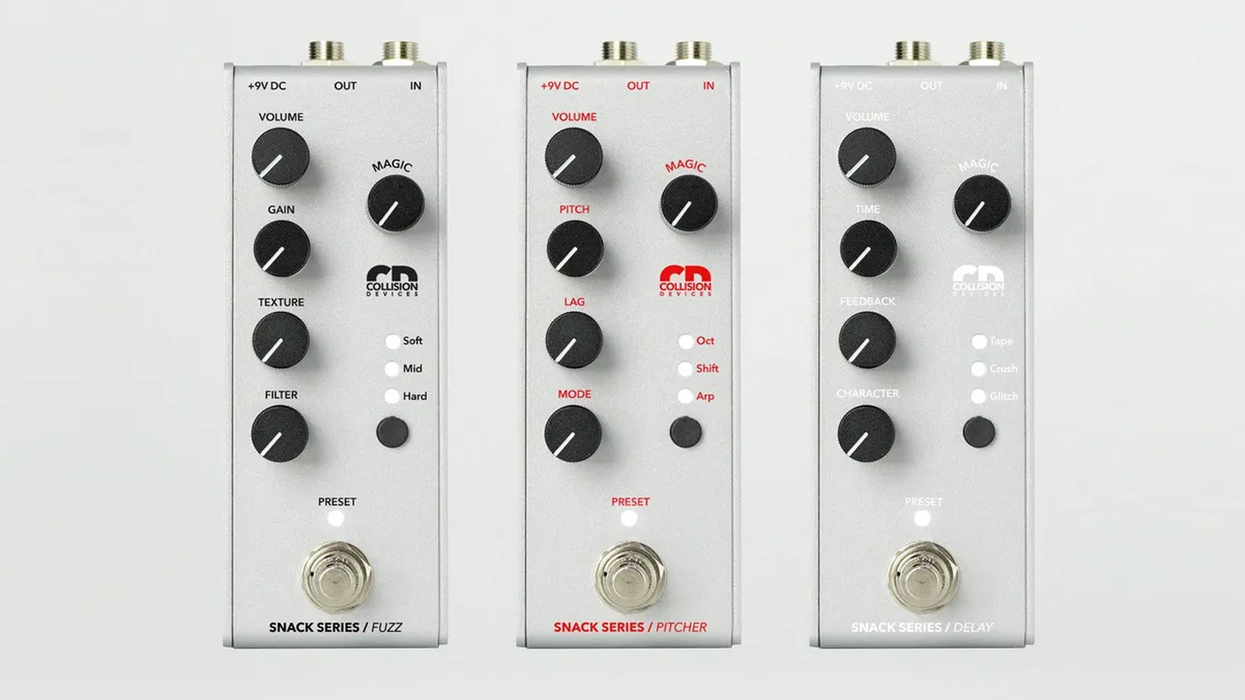
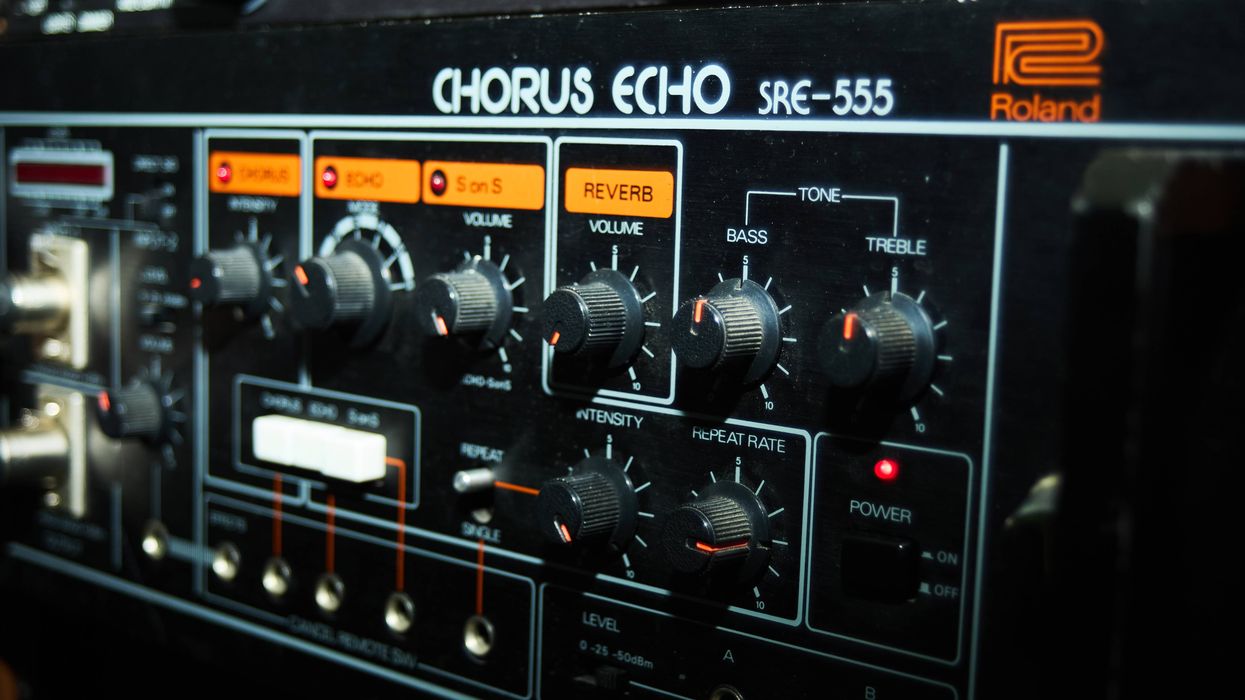
![Rig Rundown: John 5 [2026]](https://www.premierguitar.com/media-library/youtube.jpg?id=62681883&width=1245&height=700&quality=70&coordinates=0%2C45%2C0%2C45)




